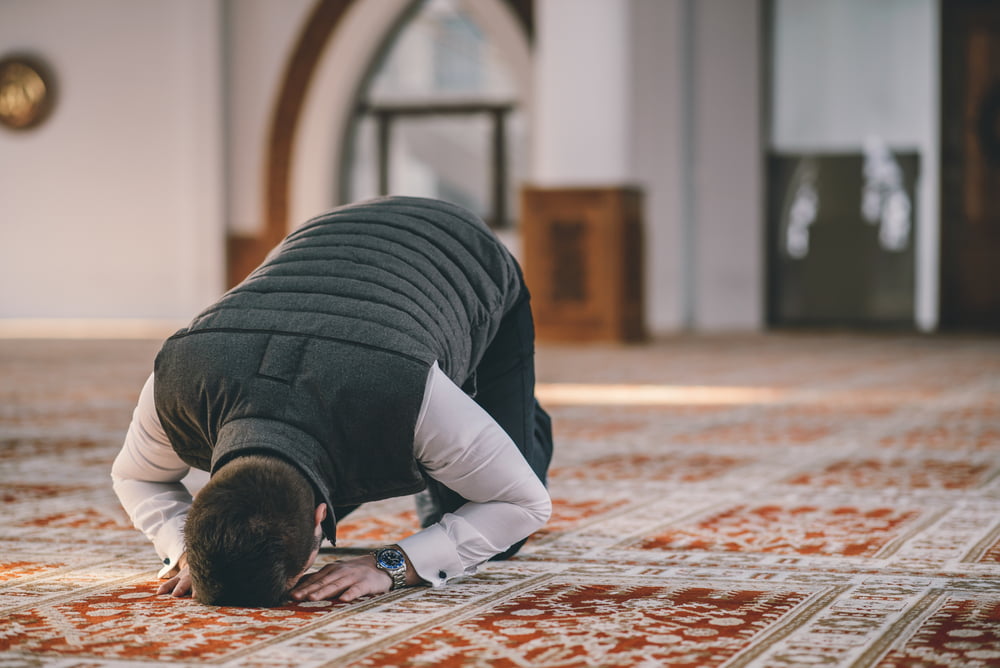The corona crisis has a major impact on our society and the effects can be felt everywhere. A large lack of mobility also affects Islamic communities. For example, because meetings above 30 people are prohibited, most services in mosques no longer take place. The coronavirus also affects the Ramadan which starts this year around April 23 and ends around May 23 with 'eid ul fitr' (Sugar Feast).
There are questions about the organization of iftars, evening prayers (taraweeh) and getting together with each other and family and donations during Ramadan. In addition, there are concerns about (possible) gathering of young people. The Social Stability Expertise Unit discussed this with stakeholders within Islamic communities. Practical tips and good practices emerged from these conversations.
ESS in conversation
The ESS has been in contact with stakeholders from municipalities, professionals and communities in recent weeks. Discussions were held with Muslim domes, individual mosques and key figures. The talks show that Muslim communities are following up and implementing the government's corona measures.
Mosques themselves take initiatives to explain the corona measures in multilingual to their supporters. Most mosques choose to close the mosque also during Ramadan. They experiment with online offer. Imams spread information to believers on how to act and avoid meetings.
contact desirable communities
The conversations with municipalities show that they would like to get in touch and stay in contact with different communities, because they would like to support and advise when needed. Various mosques in the Netherlands set up alternative services to keep in touch, for example by broadcasting sermons and lectures via social media (such as Facebook & WhatsApp), organizing digital (religious) and quizzes for young people.
They also make and are a major social contribution busy setting up initiatives like het shopping or picking up medicines for the vulnerable. They are also committed to het cooking and offering / delivering (iftar-) meals to vulnerable and vital employees professions. Also they contribute to the food bank.
Municipalities take care of others within the community and keep in touch with specific target groups in different ways by periodic calling rounds within your own network and to see if people don't lonely.
Also read: Virus makes eternal burial rest difficult after Islamic burial


